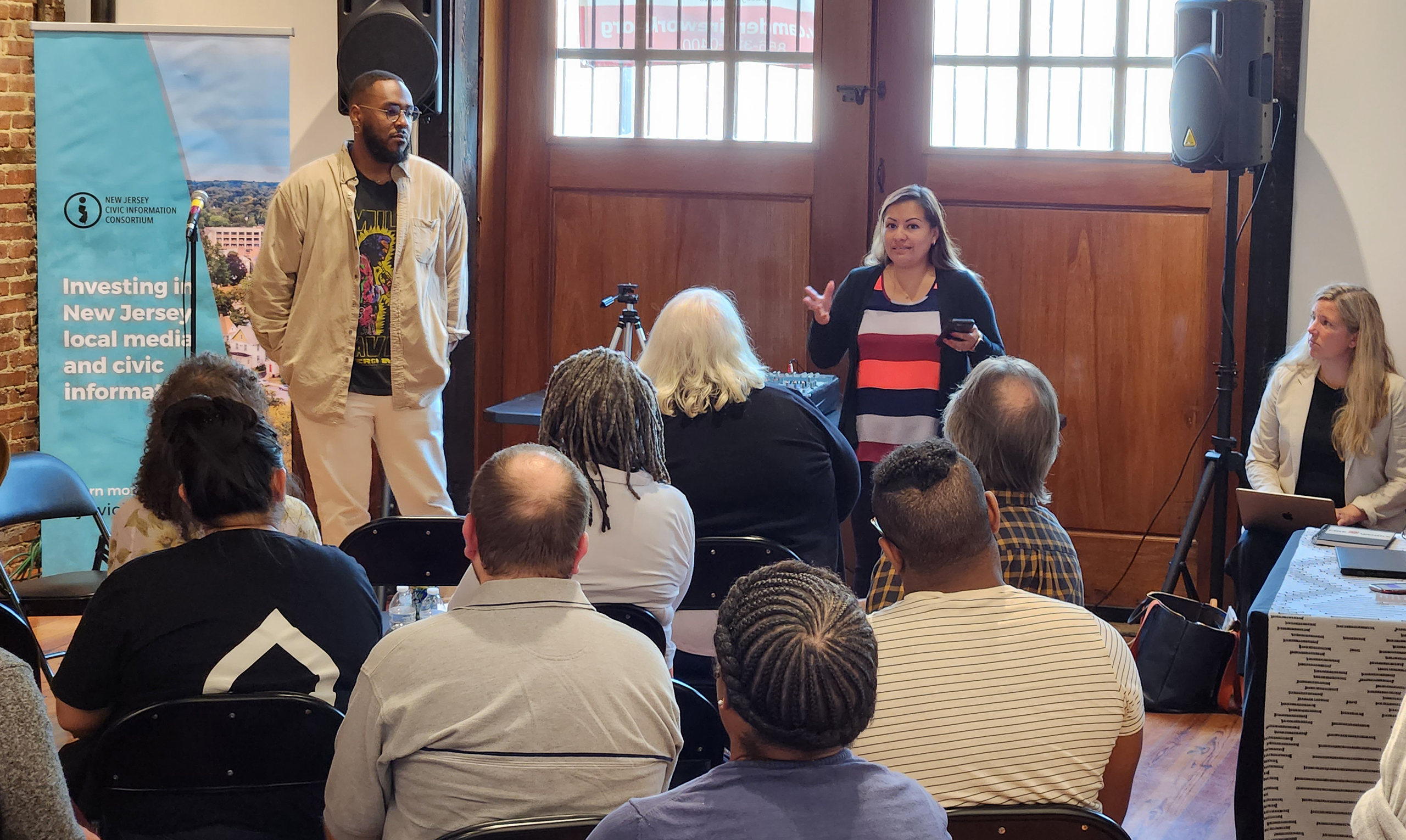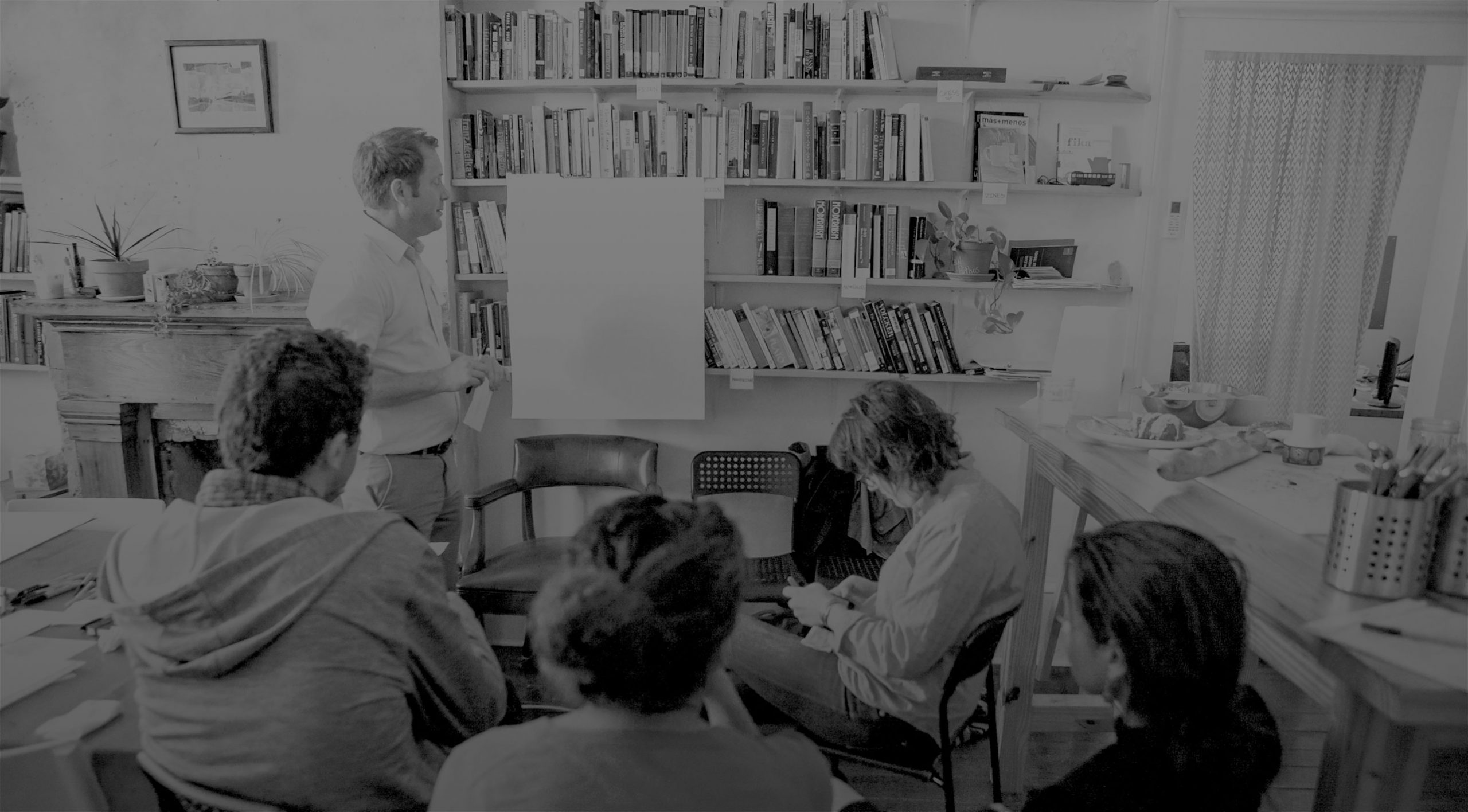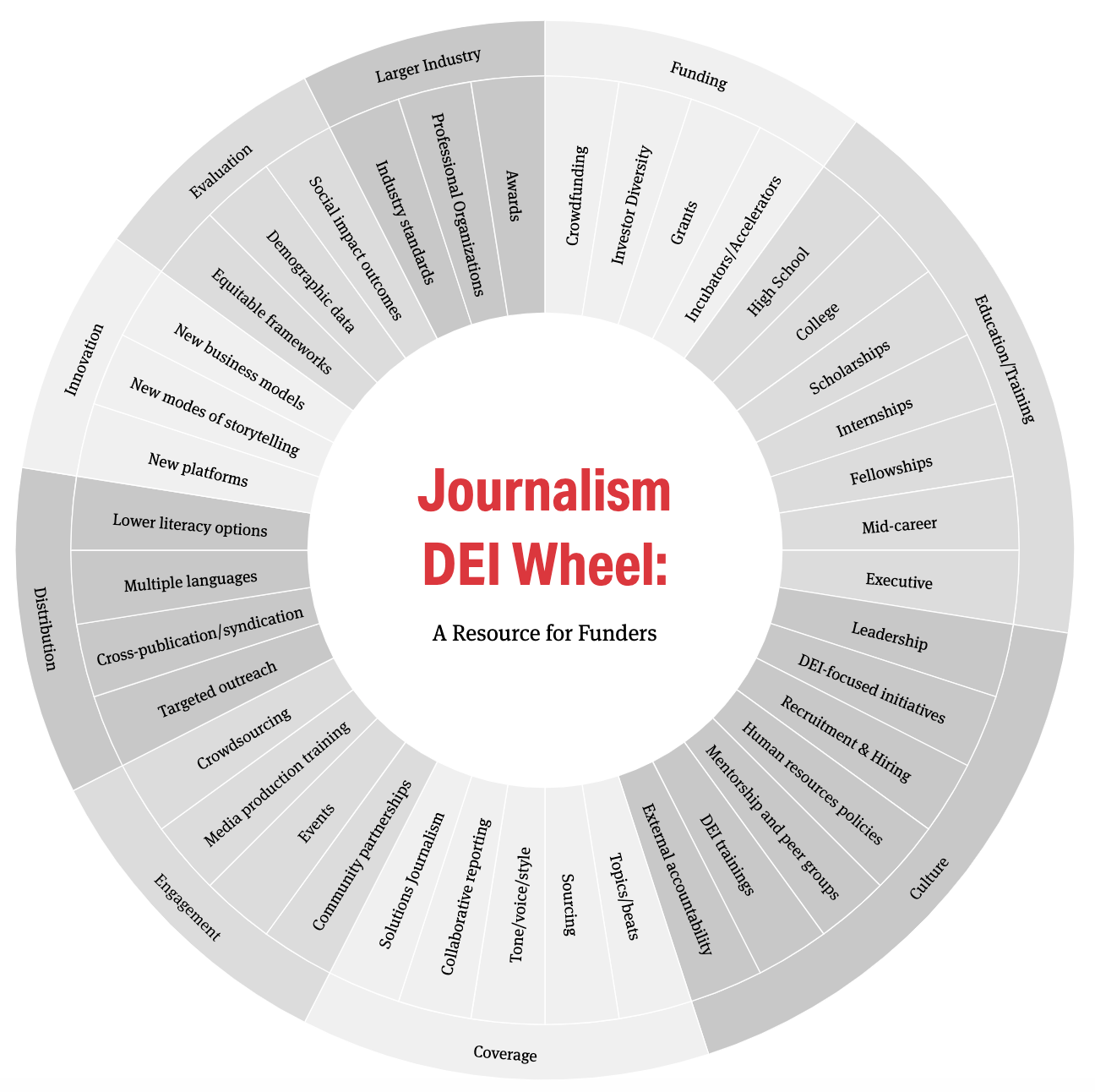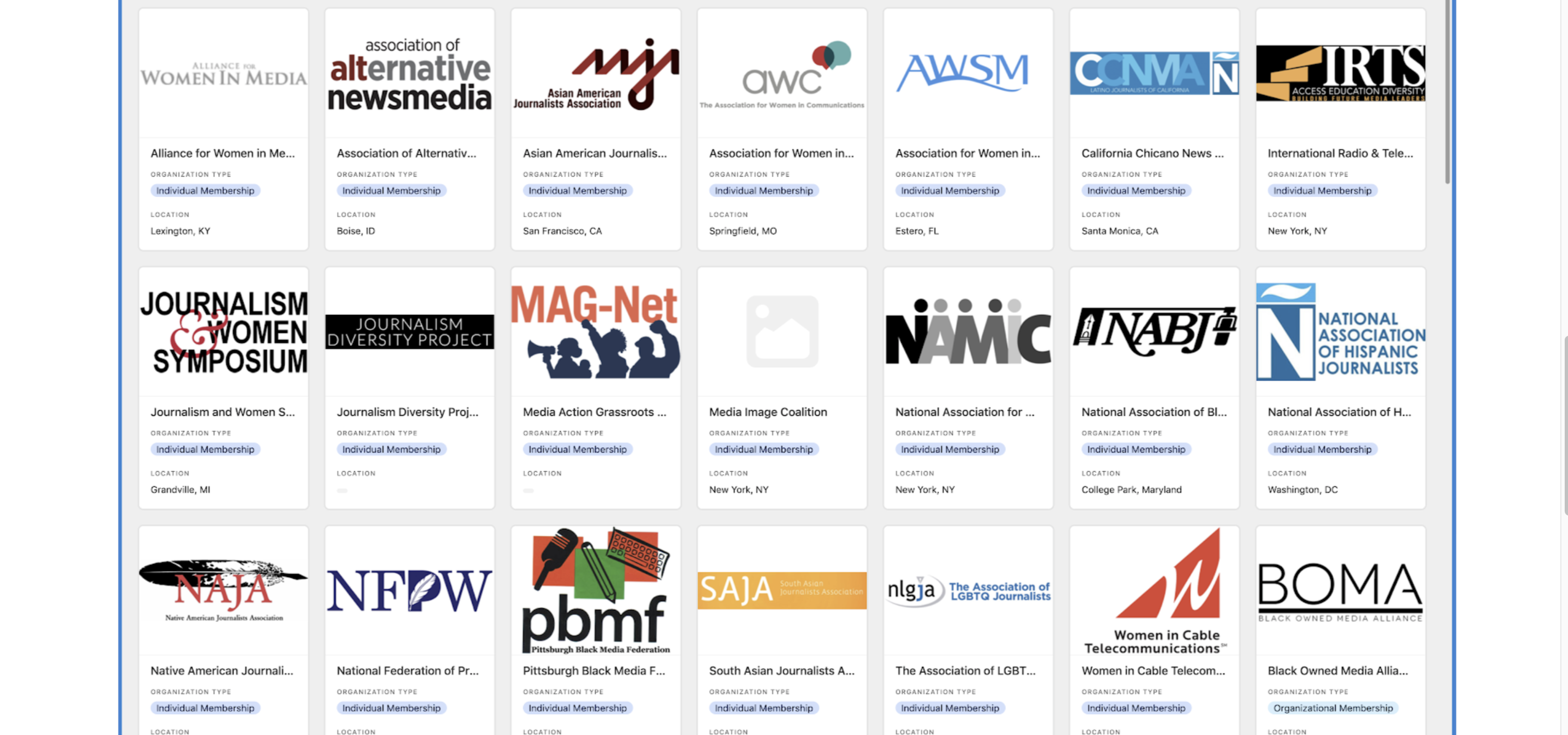A national coalition of 20 funders announced an exciting new initiative on September 7th. Press Forward plans to invest more than $500 million into local news and information over the next five years, aiming to transform media across America in profound and lasting ways.
Press Forward’s goal is to revitalize local news and civic media in the short term while spurring even more support for people’s access to information in the long term. We hope $500 million is just the starting place and that Press Forward will help spark a movement across philanthropy to raise millions more.
Democracy Fund is contributing to this effort because we believe pro-democracy journalism, especially led by and serving people of color, needs far more resources. We have been blown away by the work our grantees have done to reimagine local news and with more support we know their impact can be transformative. This vision will require significant shifts in philanthropy and public policy — Press Forward can be the spark.
Guided by our vision and strategy
We want you to know that our involvement in Press Forward is an addition to Democracy Fund’s existing strategy, not a departure. Our core values and vision remain central to our work with Press Forward, and our current grantmaking strategy will continue uninterrupted.
Democracy Fund has been a guiding partner in the Press Forward coalition for over a year, and we will continue to actively participate in this work. We are finalizing our financial contribution to Press Forward, which will be new dollars above and beyond our existing funding for local news.
While Press Forward’s announcement was a significant milestone, it is just the beginning of this work. There is still much to do to build this new effort. As the coalition prepares to distribute resources in the coming years, we are filled with a sense of purpose and excitement for the journey ahead.
Centering racial justice in coalition work
Equitable journalism is a priority for us at Democracy Fund. Press Forward plans to deploy half a billion dollars to local news, and we are committed to advocating for investments that move us toward a more inclusive, multi-racial democracy.
In ten years, we envision a thriving local news landscape where civic media organizations provide the reliable information people need. These organizations will be essential in helping individuals lead meaningful lives, address challenges in their communities, and actively participate in our democracy.
At Democracy Fund, we hope to foster a public square that is anti-racist and community-centered, where voices that have been marginalized for far too long have a platform. By placing racial justice at the heart of our work with coalitions like Press Forward, we aim to create a media landscape that reflects the diversity of our communities and serves them wholeheartedly.
Listening and learning every step of the way
Civic media and local news are a growing priority for many funders and donors, including those new to journalism. Thanks to the pioneering work of trailblazing organizations, we’re living through the most significant and hopeful expansion of civic news since the establishment of public broadcasting over fifty years ago. Press Forward builds upon that foundation.
When Democracy Fund shared our five-year strategy last year, we reinforced our commitment to deeply listening to our grantees. They told us about the history of racism in media, how philanthropy has perpetuated harm, and how our news and information landscape can be reimagined — these conversations continue to guide our approach to this work. We brought these lessons and inspiration from our grantees to every Press Forward meeting, as did many other partners.
We continue to trust those who know what’s most needed for their communities. In Press Forward and all our efforts, we take our cues from grantee leadership, wisdom, and creativity.
A shared commitment to impact
An unshakable belief that we can achieve lasting, meaningful change guides our path. We are energized by Press Forward’s shared commitment to pursue collective impact. We look forward to further developing and deepening partnerships toward a more resilient, diverse, and deeply impactful media landscape.
We know you’re likely to have questions, and we’ve had some of our own along the way. Press Forward is a complex new campaign with many stakeholders. It won’t always get things right. As Press Forward evolves, Democracy Fund is committed to ongoing relationship-building, listening, and sharing what we’ve learned.
Our door is open for conversation; we invite your questions, feedback, and ideas.






